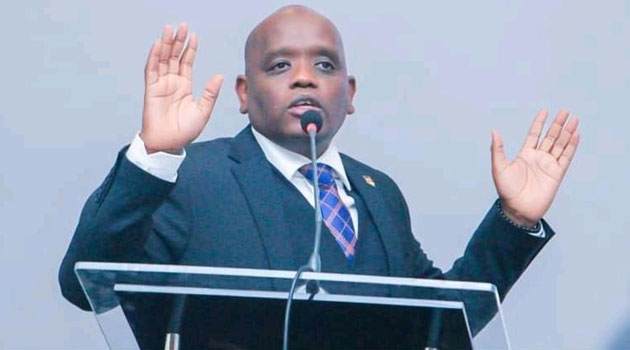Dennis Itumbi, Head of Presidential Special Projects and Creative Economy, has criticized the National Authority for the Campaign Against Alcohol and Drug Abuse (NACADA) over a proposed policy that seeks to ban celebrities from advertising alcoholic beverages.
The controversial proposal, included in the newly launched National Policy for the Prevention, Management and Control of Alcohol, Drugs, and Substance Abuse (2025), recommends that sports personalities, musicians, actors, influencers, and other public figures should be prohibited from promoting alcohol. NACADA argues that such endorsements glamorize drinking and encourage consumption among the youth.
However, Itumbi insists that while regulation is essential, NACADA must engage stakeholders particularly young people before implementing such sweeping changes. “Content creators are not just influencers, they’re entrepreneurs, digital advertisers, and job creators. Kenya’s digital economy is young and growing. Regulation is necessary, maybe mandatory, but NACADA must engage, not silence,” he said.
He emphasized that Kenya needs smart and inclusive policies, not a blanket ban that could stifle creativity and the growth of the digital economy. According to Itumbi, many celebrities rely on endorsements as a legitimate income stream and are often employers themselves in the creative space.
The proposed policy also outlines other stringent measures aimed at curbing alcohol consumption among minors. These include prohibiting alcohol advertising on billboards near schools, hospitals, and residential areas, banning free samples and promotional discounts, and limiting audio-visual alcohol ads to between 10 p.m. and 5 a.m.
Additionally, alcohol promotions targeting individuals under 21 especially in schools and at youth-centered events will be banned outright. Online advertising and alcohol sponsorships on government property are also facing restrictions.
Critics of the policy argue that while protecting the youth is crucial, the approach should not come at the cost of livelihoods and creativity. The conversation now turns to whether NACADA will open the floor for public participation or proceed with its hardline stance on celebrity endorsements.

